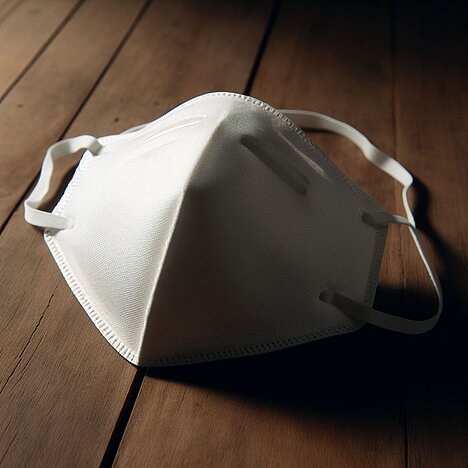Corona

The coronavirus is a global pandemic that is affecting people all over the world. But what about our four-legged friends? Can dogs become infected with the coronavirus? And if so, how dangerous is it for them and for us? Find out everything you need to know about coronavirus in dogs in this blog post.
What is the coronavirus?
The coronavirus is a group of viruses that can cause various diseases in humans and animals. The novel coronavirus that triggered the COVID-19 pandemic is called SARS-CoV-2 and was first discovered in China at the end of 2019. It can be transmitted from person to person and cause severe respiratory infections.
Can dogs catch the coronavirus?
There is evidence that dogs can catch coronavirus if they have close contact with infected humans. However, the virus appears to replicate very weakly in dogs and does not cause any symptoms. There is also no evidence that dogs can transmit the virus to humans.
However, there are other coronaviruses that are specific to dogs and have nothing to do with SARS-CoV-2. Canine coronavirus (CCoV) is a diarrhea pathogen that mainly affects puppies and young dogs. Canine respiratory coronavirus (CRCoV) is a respiratory pathogen that is part of the canine influenza complex. These coronaviruses are spread worldwide and can be transmitted from dog to dog.
How do you recognize corona in dogs?
Since SARS-CoV-2 does not appear to cause any symptoms in dogs, it is difficult to detect an infection. If you have tested positive for the virus yourself or have had contact with an infected person, you should have your dog tested by a vet as a precaution. The vet can take a blood sample and test for antibodies against the virus.
The symptoms of CCoV and CRCoV, however, are easier to recognize. CCoV usually causes mild diarrhea symptoms that subside after a few days. In rare cases, however, it can also lead to severe intestinal inflammation, especially if other pathogens such as parvoviruses are involved. CRCoV manifests itself through coughing, sneezing, nasal discharge and fever.
How is coronavirus treated in dogs?
There is no specific treatment for SARS-CoV-2 in dogs. However, as the infection is usually asymptomatic, most dogs do not need treatment. It is important that you follow the hygiene rules and keep your dog away from other people and animals to prevent further spread of the virus.
For CCoV and CRCoV, there is also no medication that can fight the virus. Treatment is aimed at alleviating the symptoms and preventing complications. The vet may prescribe your dog fluid therapy, appetite stimulants, antibiotics or other medications depending on the severity of the disease. You should also provide your dog with a balanced diet that strengthens its immune system.
How can you prevent corona in dogs?
The best way to prevent SARS-CoV-2 is to protect yourself and your dog from infection. Observe the applicable social distancing and hygiene rules and avoid unnecessary contact with other people and animals. If you feel ill or have tested positive, isolate yourself from your dog or wear a mask when caring for him.
The best prevention against CCoV and CRCoV is to have your dog vaccinated. There are vaccines that protect against both viruses and are part of the basic vaccination program for dogs. Vaccination should begin when your dog is a puppy and be boostered regularly. You should also keep your dog away from sick dogs and keep its environment clean.
Corona in dogs is an issue that concerns many dog owners. Although SARS-CoV-2 can be detected in dogs, it is usually harmless and asymptomatic. CCoV and CRCoV, on the other hand, are typical dog diseases that can cause diarrhea or coughing. The best prevention is to have your dog vaccinated and to follow the hygiene rules.
The authors assume that a veterinarian should be consulted if an animal is ill and that medication should only be taken after consultation with a doctor or pharmacist. Only an individual examination can lead to a diagnosis and treatment decision.
We help you find the nearest vet → This way